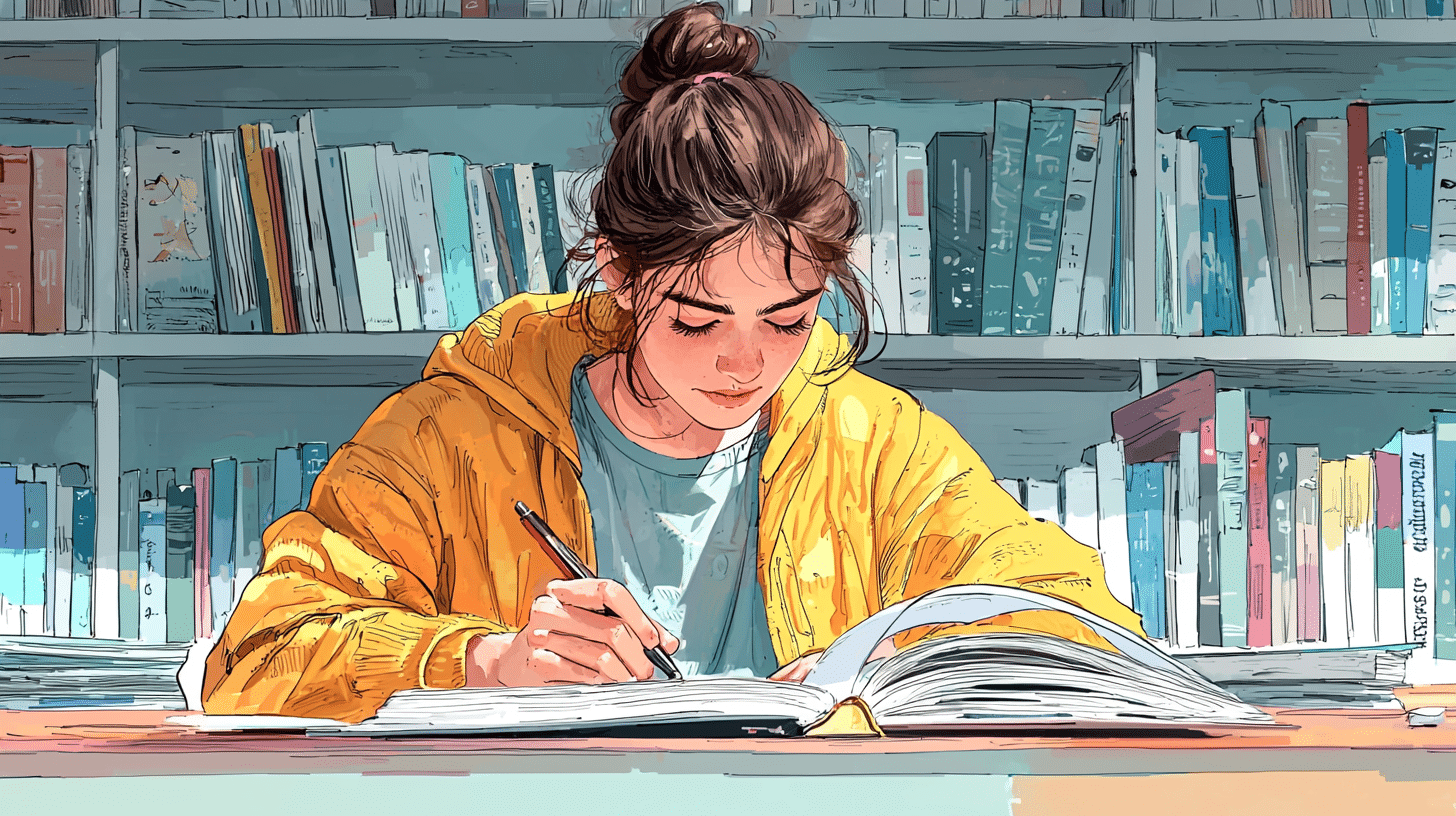
Romanian adjectives play a crucial role in enhancing your ability to describe nouns accurately and effectively. Understanding their basic forms and how they agree with the nouns they modify is essential for achieving fluency in the Romanian language. Romanian adjectives must agree in gender (masculine, feminine, neuter) and number (singular, plural) with the nouns they describe. This agreement ensures that sentences are grammatically correct and convey the intended meaning clearly. Our exercises will help you practice and master these fundamental aspects, making your Romanian language skills more robust and versatile. In our carefully designed exercises, you will encounter a variety of scenarios that require you to apply the correct forms of Romanian adjectives. These exercises range from simple matching tasks to more complex sentence construction, ensuring that you get a comprehensive understanding of adjective-noun agreement. By practicing regularly, you will develop a keen eye for detail and a deeper appreciation for the nuances of Romanian grammar. Whether you are a beginner or looking to solidify your foundational knowledge, these exercises will provide you with the practice needed to communicate effectively and confidently in Romanian.
1. Pisica este foarte *frumoasă* (female adjective for beautiful).
2. Băiatul are un câine *mic* (male adjective for small).
3. Cartea este *interesantă* (female adjective for interesting).
4. Elevii sunt foarte *inteligenți* (male plural adjective for intelligent).
5. Fetița poartă o rochie *albastră* (female adjective for blue).
6. Profesorul este *stric* (male adjective for strict).
7. Mașinile sunt *rapide* (female plural adjective for fast).
8. Casa mea este foarte *mare* (female adjective for big).
9. Copiii sunt *fericiți* (male plural adjective for happy).
10. Florile sunt *frumoase* (female plural adjective for beautiful).
1. Cartea este foarte *interesantă* (the book is feminine singular).
2. Casa lui Mihai este *mare* (the house is feminine singular).
3. Băieții sunt *inteligenți* (the boys are masculine plural).
4. Fetele sunt *frumoase* (the girls are feminine plural).
5. Pisica este *mică* (the cat is feminine singular).
6. Mărul este *roșu* (the apple is masculine singular).
7. Prietenii mei sunt *veseli* (my friends are masculine plural).
8. Profesorii sunt foarte *stricti* (the teachers are masculine plural).
9. Clădirile sunt *înalte* (the buildings are feminine plural).
10. Câinele este *mare* (the dog is masculine singular).
1. Pisica *neagră* stă pe canapea. (color of the cat)
2. Câinele *mic* aleargă în parc. (size of the dog)
3. Cartea *interesantă* este pe masă. (describe the book)
4. Fata are o rochie *frumoasă*. (describe the dress)
5. Copilul *fericit* râde tare. (state of the child)
6. Profesorul *serios* explică lecția. (attitude of the teacher)
7. Mașina *rapidă* a trecut pe lângă noi. (speed of the car)
8. Pâinea *proaspătă* miroase bine. (condition of the bread)
9. Casa *mare* are multe ferestre. (size of the house)
10. Florile *colorate* sunt în grădină. (describe the flowers)